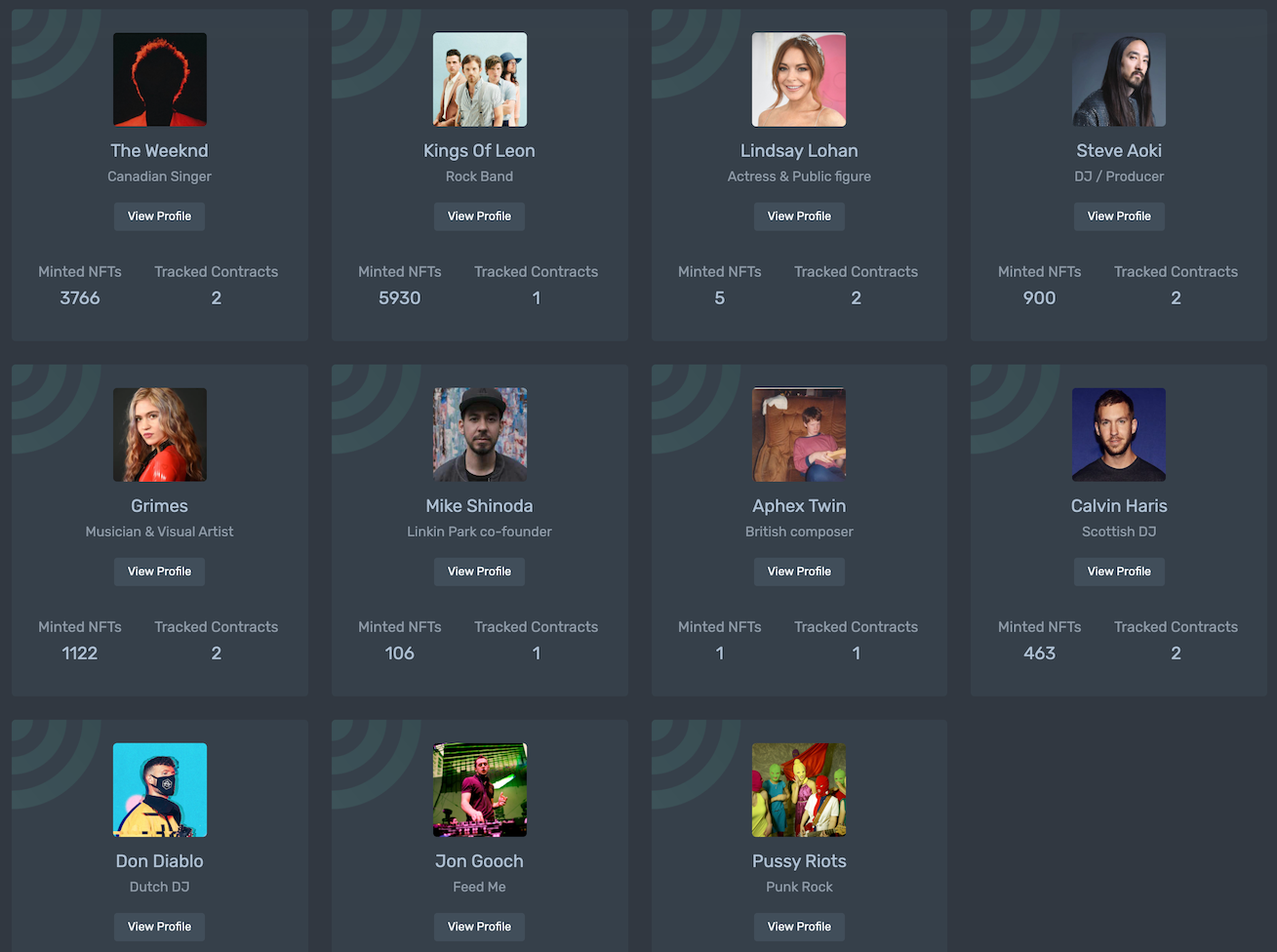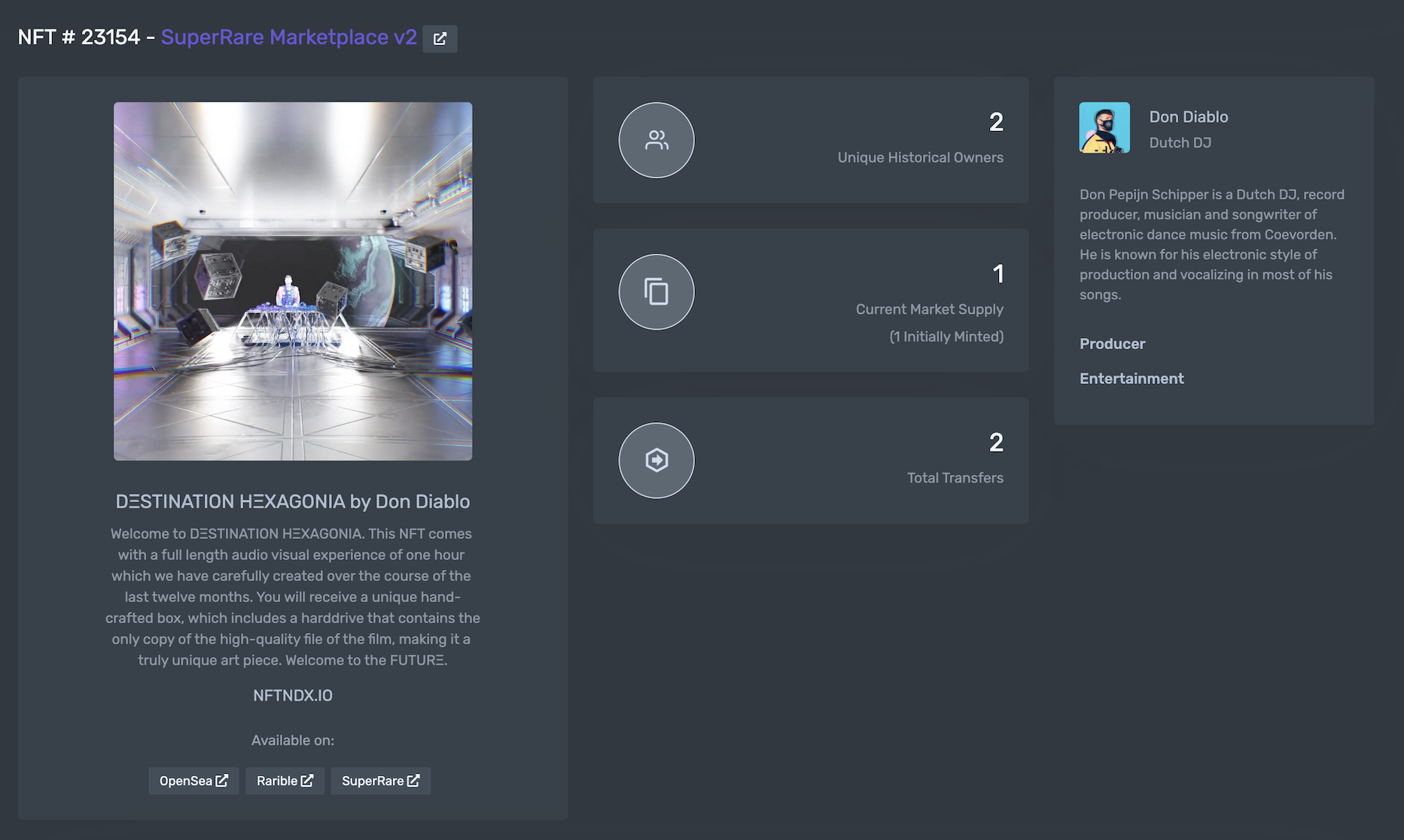NFTs in the Music Industry

Non-fungible tokens or NFTs are a growing trend in the music industry. The artist can create a selective number of NFTs of a particular work, be it one or many. COVID-19 created havoc across industries, especially the music industry as no live concerts could be held. Live concerts and in-person interactions are a major stream of revenue for artists and their labels. As this wasn’t possible anymore, artists had to look for a new way to connect with their audiences in their own homes. NFTs not only allowed these artists to connect with their fans but also enabled them to do so without paying a major chunk to anybody else, especially with the secondary sales.
Whoever owns the NFT can still copy the work, but not its ownership, he can only transfer it. The enticing factor about these NFTs is that they use blockchain networks like Ethereum where transactions are secure and almost instant. In the music industry, artists end up paying a lot of money to middlemen. NFTs bridge the gap by eliminating middlemen and as a result are considered extremely convenient for fans and artists alike by keeping also the fees of secondary sales of these NFTs.
Why purchase NFTs?
In the music industry, fans exchange limited-edition experiences, merchandise, concert tickets, music, and digital content. As there are limited NFTs of a particular work, the demand is higher amongst fans. The concept behind purchasing NFTs is the same as purchasing physical goods. It is a product in high demand because there are limited copies of it in the whole world and only a few have it. As these are comparatively rare, there is a certain sense of status associated with them which creates hype around the product. Applying the same concept to NFTs, a lot of people purchase them as an investment that will pay off in the future.
How NFTs are sold
NFTs can be sold in auctions, on crypto-marketplaces, or at a silent auction. The seller can choose which method he wants and whether he wants to sell it at a fixed price or wants to bid. The general model of payment for these marketplaces is cryptocurrencies. During these exchanges, fans get a scarce, unique piece of an artist of their choice and the artist walks off by raising a bunch of money without paying a penny to record companies.

Advantages of NFTs
There are numerous benefits to owning an NFT. To begin with, they are extremely convenient. All you need is a digital wallet and then you can proceed to participate in an auction. The artist can choose which items they want to auction. It can be digital art, merchandise, concert tickets, sound bites; both virtual and physical. As these experiences are rare, fans are ecstatic to get their hands on them and don’t mind paying more as they’re getting something that only a select few do. As NFTs are a direct transfer between the artist and the participant, a lot of money that went to middlemen such as ticketing agents and record companies straightaway goes to the artist. The fan gets his unique experience and the artist gets his due.

Disadvantages of NFTs
There a lot of emerging artists who haven’t been able to make use of NFTs as NFTs are generally in demand due to the popularity of the artists. If an artist hasn’t reached that status of fame, the demand is less or non-existent. Certain marketplaces do not consider NFTs from lesser established names, creating a massive barrier for new artists. The reason NFTs are popular is that they are limited. However, a concert experience that catered to thousands of people but now is only catering to hundreds is a deliberately created scarcity. Even though this adds an air of exclusivity, it ends up excluding a lot of fans. Even though NFTs might seem like a very good investment, they might just be overvalued and turn out to be non-profitable.
A lot of artists have jumped on the bandwagon are making the most of NFTs, such as the EDM concept artist Grimes sold NFTs worth $5.8 million, 3LAU sold $11.6million, Steve Aoki sold $4.25 million worth of NFTs. They sold digital collectible versions of records, short music videos, fan experiences, and much more. NFTs seem to have a great promise for minting money for artists as they don’t have to pay millions of dollars to large corporations.
